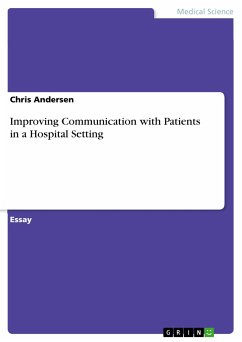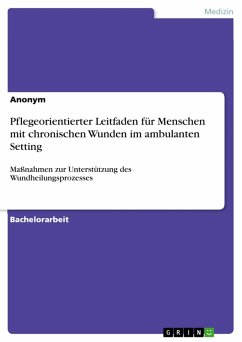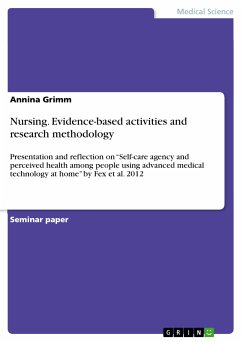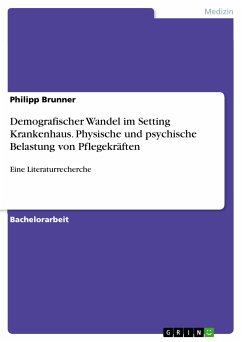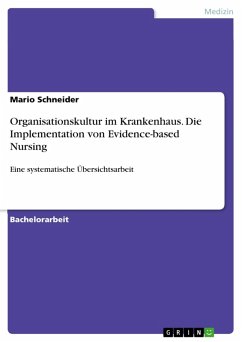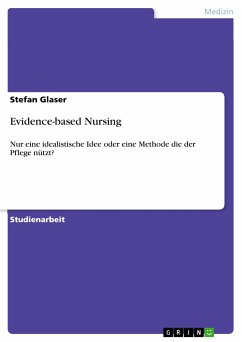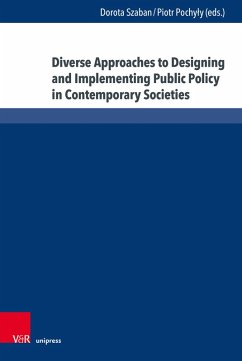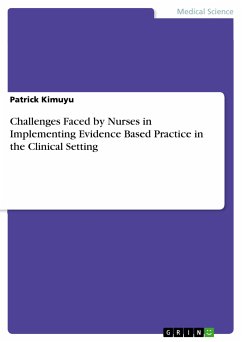
Challenges Faced by Nurses in Implementing Evidence Based Practice in the Clinical Setting (eBook, PDF)
Sofort per Download lieferbar
5,99 €
inkl. MwSt.

PAYBACK Punkte
0 °P sammeln!
Document from the year 2018 in the subject Health - Nursing Science - Nursing Management, grade: 1, Egerton University, language: English, abstract: Over the past few decades, approaches towards healthcare reforms have been framed within the scope of clinical evidence leading to the emergence of what is commonly referred to as evidence based practice (EBP). EBP is conceptualized as a new clinical decision making approach that is based on diverse aspects of clinical practice including clinical experience, emerging research findings, patient preferences, and expert opinion. This new approach is ...
Document from the year 2018 in the subject Health - Nursing Science - Nursing Management, grade: 1, Egerton University, language: English, abstract: Over the past few decades, approaches towards healthcare reforms have been framed within the scope of clinical evidence leading to the emergence of what is commonly referred to as evidence based practice (EBP). EBP is conceptualized as a new clinical decision making approach that is based on diverse aspects of clinical practice including clinical experience, emerging research findings, patient preferences, and expert opinion. This new approach is considered a transformative perspective through which patient outcomes and quality of care can be improved. From a critical perspective, evidence based practice underpins the advancement and development across the continuum of clinical practice. In the Australian context, healthcare professionals are involved in the assessment and implementation of EBP. However, nurses are expected to play integral roles in implementing EBP in the clinical setting. The Nursing and Midwifery Board of Australia [NMBA] 2016 standards of nursing practice require nurses to adopt evidence based interventions, in order to improve the safety and quality of practice. According to NMBA (2016) standard 1.1; a registered nurses "accesses, analyses, and uses the best available evidence, that includes research findings, for safe, quality practice" (p. 3). Based on this standard of practice, it is expected that nurses are at the forefront of EBP implementation in the clinical setting, yet they do not have relevant training or support. Therefore, this essay argues that it is not feasible to expect RNs to implement EBP in the clinical setting without training/support.
Dieser Download kann aus rechtlichen Gründen nur mit Rechnungsadresse in A, B, BG, CY, CZ, D, DK, EW, E, FIN, F, GR, HR, H, IRL, I, LT, L, LR, M, NL, PL, P, R, S, SLO, SK ausgeliefert werden.




